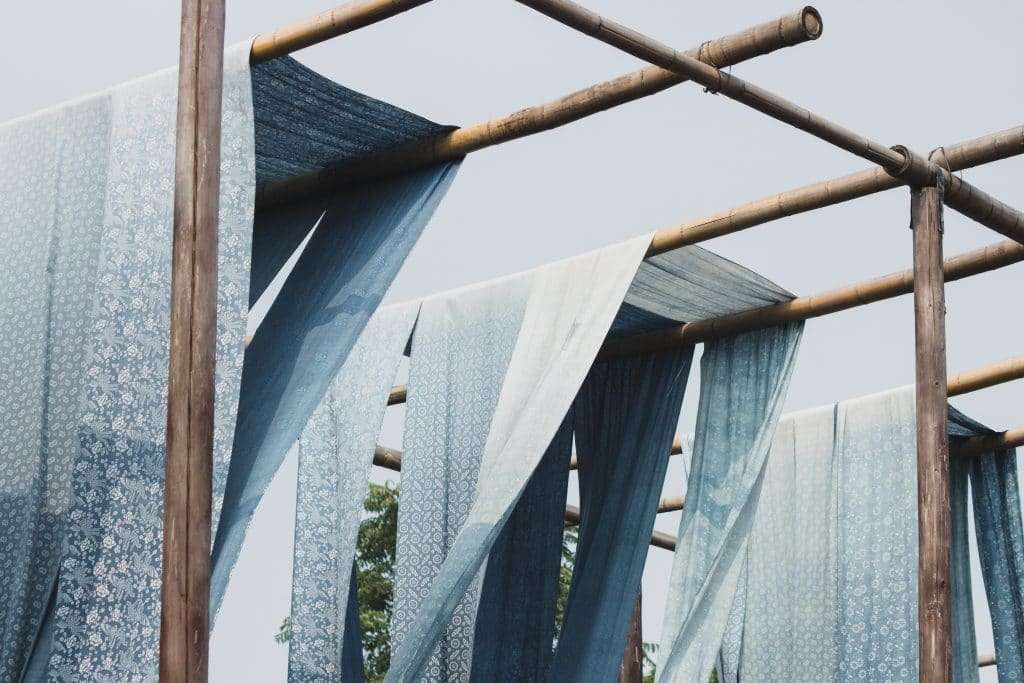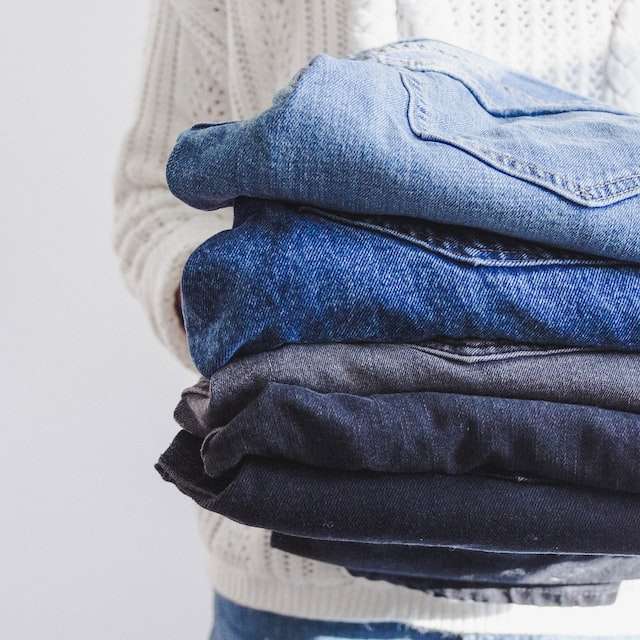While material recycling is becoming more widespread, we’re still using more virgin materials than ever before, new findings show.
The Circularity Gap Report 2024, published by Deloitte and the Circle Economy Foundation, reveals a concerning downturn in global efforts to shift to a circular economy. Despite a significant increase in discussions about circularity over the past five years, the report notes that there has been no corresponding decline in the use of virgin materials. The report highlights this disparity, emphasizing the need for more concrete actions to meet circularity targets.
“Leveraging the Circularity Gap Report, stakeholders are able to prioritize their circular roadmap based on a data-driven analysis,” Ivonne Bojoh, CEO of Circle Economy Foundation, said in a statement. “Policymakers, industry leaders, and financial institutions can agree on focus areas and work collaboratively on the systemic change needed to stay within our planetary boundaries,” Bojoh added. She also highlights the need for circular solutions to be inclusive, reducing inequalities and increasing job opportunities globally.

Jennifer Steinmann, Deloitte Global Sustainability & Climate Practice leader, underscores the competitive advantage and environmental benefits organizations can gain by prioritizing circular efforts. “Prioritizing circular efforts today can help organizations retain a competitive advantage while accelerating progress against their environmental goals. We’re proud to help businesses around the world address their environmental footprint, adapt their value chains, and shift to a circular approach,” Steinmann said.
According to the report, the global population has consumed more than 500 billion tonnes of materials in the last six years alone, a figure nearly equal to the total material consumption of the entire 20th century. This statistic underscores the urgency of transitioning towards more sustainable practices, the report notes. Deloitte says it is taking steps to foster the adoption of circular practices in businesses. It announced a partnership with Circle Economy Consulting, a spinoff of the Circle Economy Foundation, focusing on impact consulting to drive this change.
The report points out that the majority of materials entering the economy are still coming from virgin sources, with a steady decline in the share of secondary materials since the report’s inception in 2018. This trend persists despite growing popularity and discussion around the concept of a circular economy, which aims to reduce the consumption of virgin materials and keep existing materials in circulation. The report lays out strategies for governments and industry leaders to shift from mere commitment to actionable steps. These include adopting policies and frameworks that incentivize circular practices, adjusting fiscal policies to reflect the true social and environmental costs of products and services, and ensuring workforce skills align with these new demands.

Deloitte’s partnership with Circle Economy Consulting is poised to help organizations harness opportunities in the circular economy, spanning from strategy design to transformation implementation and progress measurement. David Rakowski, a partner at Deloitte U.K. leading Deloitte’s global circularity offering, sees this collaboration as a means to unlock significant commercial opportunities and enable sustainable supply chains. “Successfully piloting and scaling circularity requires close coordination across business functions and supply chains. Through our relationship with Circle Economy Consulting and Circle Economy Foundation, we’ll bring insights from the Circularity Gap Reports directly to businesses to unlock value,” Rakowski said.
Marc de Wit, Managing Director of Circle Economy Consulting, also expresses optimism about the collaboration. “Implementing and monitoring circularity are becoming key success factors for businesses to both remain ahead of the game and to comply with anticipated regulation. In joining forces, Deloitte and Circle Economy Consulting will help actualize circular economy principles by empowering clients to take charge of their circular performance,” he says.
Despite the downward trend, circularity is seeing an uptick, particularly in the fashion industry. A report published last year estimated the recycled textile market will grow about $5.3 billion by 2030, at a CAGR of approximately 3.5 percent between 2023 and 2030.
A report published last week by London’s leading recycling and resource management firm, Bywaters, found that businesses that embrace circular models can reduce costs by 70 percent.
“These findings show clearly that implementing a circular business model isn’t just a win for the planet, but also a win for your business from a financial point of view,” John Glover Jr, MD at Bywaters, said in a statement. “Moving away from a linear model to a circular model brings all sorts of savings on an annual basis, especially as you can literally reuse equipment that would otherwise be discarded or avoid waste that’s expensive to remove and take to landfill,” he said. “Circular models are the future, and a necessity if we’re going to put an end to the waste crisis and worsening plastic pollution.”
Related on Ethos:


